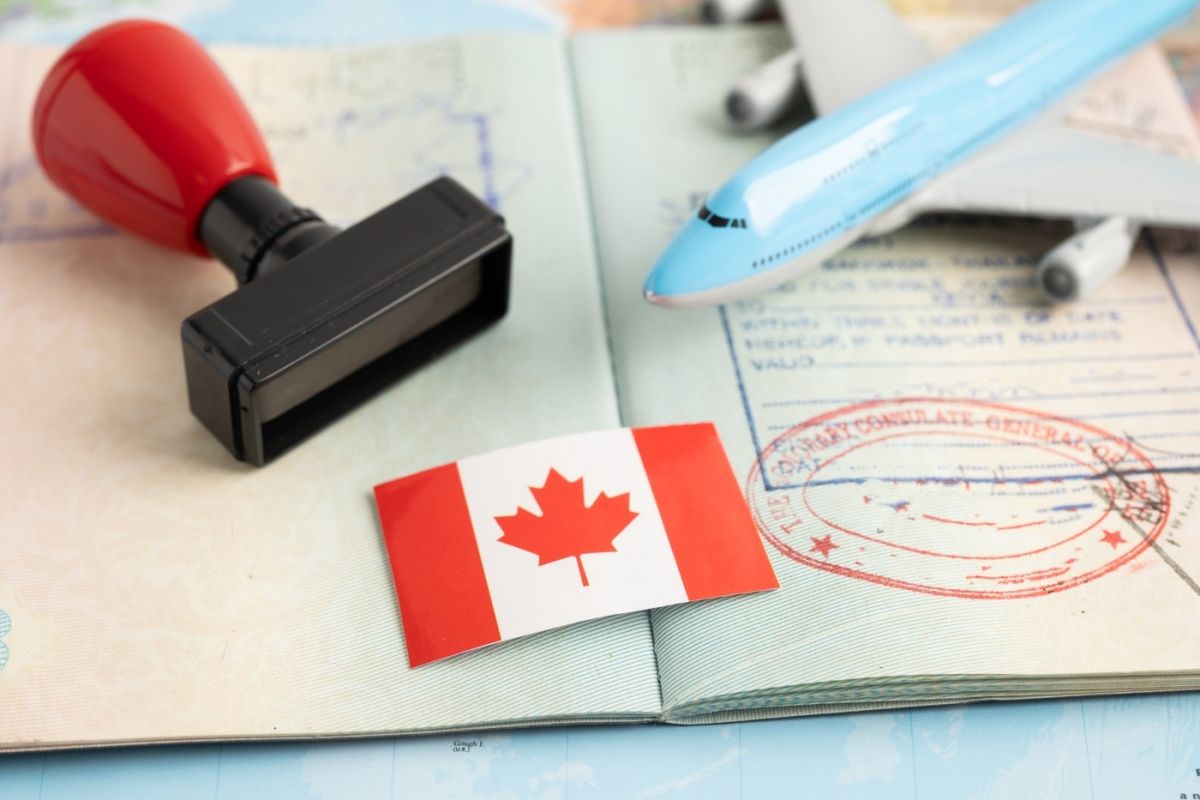International students in Canada just got a break. Immigration, Refugees and Citizenship Canada (IRCC) has announced a grace period for recent changes to the Post-Graduation Work Permit (PGWP) program, delaying the removal of many study programs from eligibility.
Originally, several non-degree college programs were set to lose PGWP eligibility starting June 25, 2025. But according to an update posted by IRCC on July 4, 2025, these programs will now remain eligible until early 2026.
What This Means for Students
If you applied for a study permit between June 25 and July 4, 2025, you’re still in the clear. You’ll be able to qualify for a PGWP even if your program was part of the group originally cut from the list.
As a result of this extension, the number of PGWP-eligible programs has grown from 920 to 1,107. That’s a significant boost for students seeking work opportunities in Canada after graduation.
Who Is Affected by These Changes?
Let’s break this down:
- Primarily impacted: Graduates of non-degree college programs (like diplomas and certificates).
- Not affected: Students graduating from:
- College bachelor’s degrees
- University bachelor’s, master’s, or PhD programs
These groups remain exempt from the field of study restrictions tied to PGWP eligibility.
What Is a Post-Graduation Work Permit?
The Post-Graduation Work Permit (PGWP) is an open work permit available to international graduates from Canadian designated learning institutions (DLIs). It allows you to work for any employer, in any industry, and can be valid for up to three years, depending on your program length.
💡 Tip: The PGWP is often a critical step toward gaining Canadian permanent residency through pathways like Express Entry.
Recap: June 2025 Changes to PGWP Program
Here’s what IRCC changed on June 25, 2025, before announcing the grace period:
- Added: 119 new Classification of Instructional Programs (CIP) codes, including new fields under Education.
- Removed: 178 CIP codes, including all Transport-related programs.
The CIP system classifies programs based on curriculum, not program names. The changes primarily targeted non-degree international students who submitted study permit applications on or after November 1, 2024.
Grandfathering Clause Still Applies
Students who applied before June 25, 2025, are still protected. They’re eligible for a PGWP as long as their program was listed as eligible at the time of their study permit or PGWP application, even if it has since been removed.
PGWP: General Eligibility Requirements
To qualify for a PGWP, international students must:
- Complete a program at a designated learning institution (DLI) that’s at least 8 months long (or 900 hours in Quebec).
- Maintain full-time status during studies (part-time allowed only in the final semester).
- Apply for the PGWP within 180 days of receiving confirmation of program completion.
- Hold a valid study permit at some point within those 180 days.
- Meet language requirements appropriate to their level of study.
Why This Matters
This grace period provides international students with additional time to adjust to new policies and ensures that those caught in the transition won’t be penalised. It also allows colleges and students to plan ahead before the early 2026 enforcement date.
Final Thoughts
If you’re planning to study in Canada or are already enrolled in a non-degree program, this update is good news. It buys time, opens up work options, and keeps your post-graduation plans on track, for now. But don’t wait too long. These changes are only temporary, and the early 2026 deadline will come quickly.
Stay informed, stay eligible, and stay ready.
Follow and connect with us on Facebook, Twitter, LinkedIn, Instagram and Google News for the latest travel news and updates!
